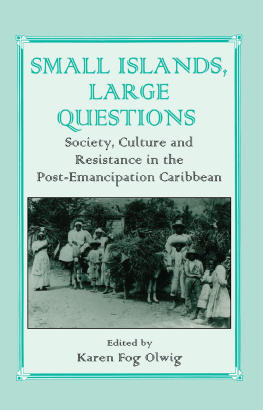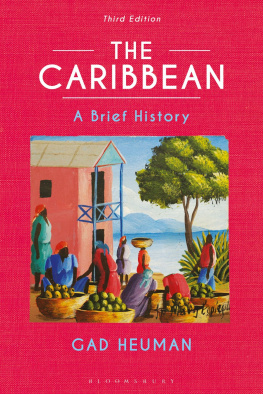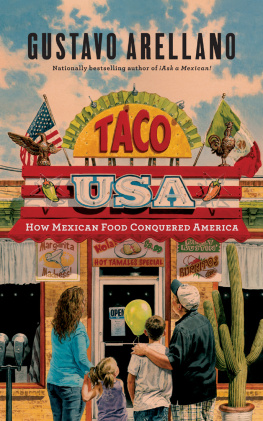Gustavo Subero - Representations of HIV/AIDS in Contemporary Hispano-American and Caribbean Culture
Here you can read online Gustavo Subero - Representations of HIV/AIDS in Contemporary Hispano-American and Caribbean Culture full text of the book (entire story) in english for free. Download pdf and epub, get meaning, cover and reviews about this ebook. year: 2016, publisher: Taylor & Francis, genre: Romance novel. Description of the work, (preface) as well as reviews are available. Best literature library LitArk.com created for fans of good reading and offers a wide selection of genres:
Romance novel
Science fiction
Adventure
Detective
Science
History
Home and family
Prose
Art
Politics
Computer
Non-fiction
Religion
Business
Children
Humor
Choose a favorite category and find really read worthwhile books. Enjoy immersion in the world of imagination, feel the emotions of the characters or learn something new for yourself, make an fascinating discovery.

- Book:Representations of HIV/AIDS in Contemporary Hispano-American and Caribbean Culture
- Author:
- Publisher:Taylor & Francis
- Genre:
- Year:2016
- Rating:5 / 5
- Favourites:Add to favourites
- Your mark:
- 100
- 1
- 2
- 3
- 4
- 5
Representations of HIV/AIDS in Contemporary Hispano-American and Caribbean Culture: summary, description and annotation
We offer to read an annotation, description, summary or preface (depends on what the author of the book "Representations of HIV/AIDS in Contemporary Hispano-American and Caribbean Culture" wrote himself). If you haven't found the necessary information about the book — write in the comments, we will try to find it.
Gustavo Subero: author's other books
Who wrote Representations of HIV/AIDS in Contemporary Hispano-American and Caribbean Culture? Find out the surname, the name of the author of the book and a list of all author's works by series.
Representations of HIV/AIDS in Contemporary Hispano-American and Caribbean Culture — read online for free the complete book (whole text) full work
Below is the text of the book, divided by pages. System saving the place of the last page read, allows you to conveniently read the book "Representations of HIV/AIDS in Contemporary Hispano-American and Caribbean Culture" online for free, without having to search again every time where you left off. Put a bookmark, and you can go to the page where you finished reading at any time.
Font size:
Interval:
Bookmark:
C. Richard King, Washington State University, USA
Popular Culture, Empire, Violence
Johan Hglund
ISBN: 978-1-4094-4954-6
Cosmetic Surgery, Weight Loss and Beauty in Popular Culture
Deborah Harris-Moore
ISBN: 978-1-4094-6944-5
Popular Media Identifications
Debbie Rodan, Katie Ellis and Pia Lebeck
ISBN: 978-1-4094-4051-2
Regents University London, UK

2 Park Square, Milton Park, Abingdon, Oxon OX14 4RN
711 Third Avenue, New York, NY 10017, USA
Product or corporate names may be trademarks or registered trademarks, and are used only for identification and explanation without intent to infringe.
A catalogue record for this book is available from the British Library
Subero, Gustavo.
ISBN 9781315605449 (ebk)
Font size:
Interval:
Bookmark:
Similar books «Representations of HIV/AIDS in Contemporary Hispano-American and Caribbean Culture»
Look at similar books to Representations of HIV/AIDS in Contemporary Hispano-American and Caribbean Culture. We have selected literature similar in name and meaning in the hope of providing readers with more options to find new, interesting, not yet read works.
Discussion, reviews of the book Representations of HIV/AIDS in Contemporary Hispano-American and Caribbean Culture and just readers' own opinions. Leave your comments, write what you think about the work, its meaning or the main characters. Specify what exactly you liked and what you didn't like, and why you think so.










